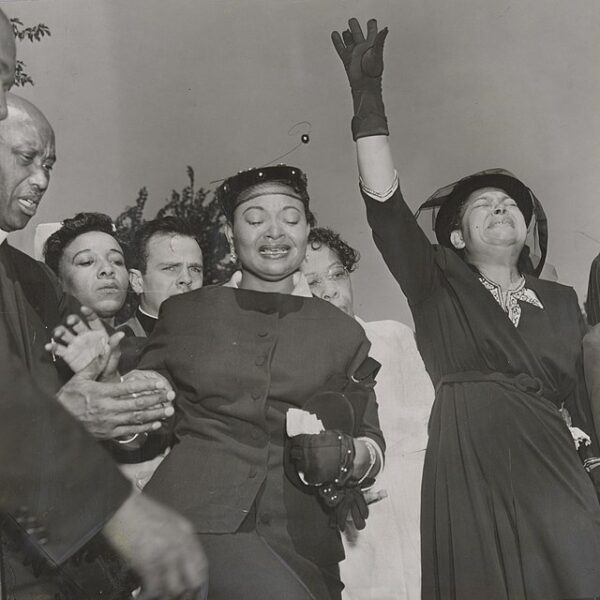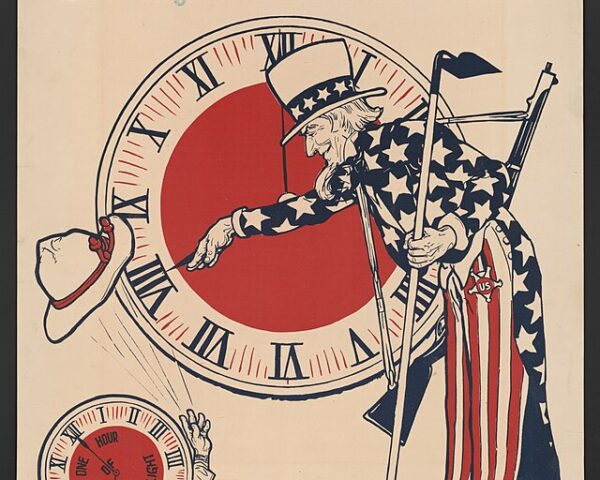On August 28, 1955, one of the worst examples of violence and injustice occurred in Money, Mississippi. Emmett Louis Till, a 14-year-old African American boy from Chicago, was brutally murdered while visiting his cousins in Mississippi after allegedly whistling at a white woman, Carolyn Bryant, when the boys went into a candy shop. The viciousness of his murder and the subsequent trial of his assailants garnered widespread national and international attention, galvanizing the nascent Civil Rights Movement.
“His assailants—the white woman’s husband and his brother—made Emmett carry a 75-pound cotton gin fan to the bank of the Tallahatchie River and ordered him to take off his clothes. The two men then beat him nearly to death, gouged out his eye, shot him in the head and then threw his body, tied to the cotton gin fan with barbed wire, into the river, writes The History Channel.
Till’s murder underscored the grotesque realities of racial prejudice and violence that persisted across the American South during the mid-20th century. The horrific nature of his death shocked the nation’s conscience and served as a stark reminder of the deep-seated racism that plagued the country.
“Devastated by the brutal murder and badly disfigured corpse, explains EJI, Emmett’s mother, Mamie Till Bradley, defiantly held an open-casket funeral in Chicago, where thousands gazed in horror at what was left of her son. To show the world the brutality Emmett had suffered, his mother also distributed a photograph of his corpse for publication in newspapers and magazines and later explained her motivation: ‘The whole nation had to bear witness to this.’”
The trial that followed Till’s murder laid bare the systemic racial bias within the criminal justice system and revealed to the nation the brutal reality of Jim Crow for African Americans in the South. Despite overwhelming evidence against them, the two white men accused of Till’s murder, Roy Bryant and J.W. Milam, were acquitted by an all-white jury. The verdict underscored the structural inequality and prejudice that pervaded Southern courts. The miscarriage of justice in Till’s case became a rallying point, igniting a fervor for change and galvanizing the Civil Rights Movement.
Till’s death served as a rallying cry, prompting a groundswell of activism and protest that reverberated far beyond the borders of Mississippi. Civil rights leaders such as Rosa Parks and Martin Luther King Jr. referenced Till’s murder in their speeches, using it as an emblematic example of the urgent need for racial equality and justice. The outrage sparked by Till’s death played a significant role in mobilizing individuals, both black and white, to take a stand against racial injustice, contributing to the momentum that would lead to landmark events like the Montgomery Bus Boycott and the eventual dismantling of legal segregation.
In 2017, Tim Tyson, author of the book The Blood of Emmett Till, disclosed that Carolyn Bryant had recanted her testimony to him, admitting that Emmitt had never touched, threatened, or harassed her in any way. “Nothing that boy did could ever justify what happened to him,” she said, according to The Washington Post.
“Shortly after the book’s publication, federal authorities reopened an investigation into Till’s murder and subpoenaed Tyson’s research materials. That investigation was closed in December 2021 with no charges filed.
According to the Justice Department, Mrs. Bryant denied ever having changed her account. Also according to the department, Tyson claimed to have two recorded interviews with Mrs. Bryant but provided authorities with only one, which included no recantation. He offered what the Department described as “inconsistent explanations” about whether the alleged confession was on the missing recording or whether Mrs. Bryant made her remarks before Tyson began taping.
After the Justice Department closed its subsequent investigation in 2021, Tyson, responding to questions about his account of Mrs. Bryant’s reported recantation, told the Times in an email that “Carolyn started spilling the beans before I got the recorder going.”
“I documented her words carefully,” he added. “My reporting is rock solid.”
In 2022, a grand jury in Mississippi declined to indict Bryant for her role in the crime nearly 70 years earlier. Bryant died in 2023.






